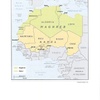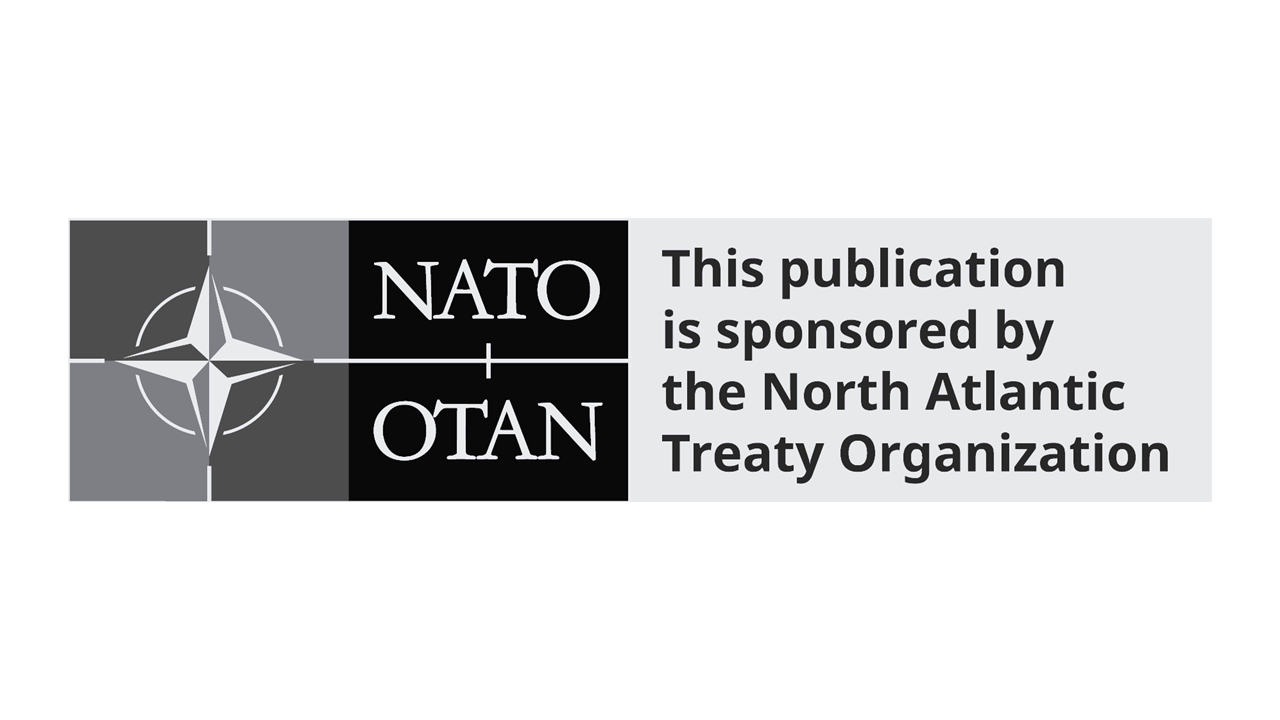introduction
In an era of digital interconnectedness, the ability to manipulate and interfere with information has become a powerful tool in the hands of major global players. The spread of misinformation or biased narratives can significantly influence public opinion, political decisions, and economic landscapes, often in ways that are detrimental to the target regions.
In recent years, African countries have been the subject of an increasing number of sophisticated communication strategies by foreign actors, involving a mix of media engagement, public diplomacy, and strategic narratives that support their broader geopolitical goals in the continent. The latter have often sought to disrupt democratic processess, smear allies in the region, and undermine Western hegemony.
This project aims to identify the different narratives, techniques, and channels used by foreign actors and their respective proxies in Africa to increase their influence in the region. The goal is to help identify and develop appropriate measures to counter hybrid threats, disinformation, and foreign interference on the continent.
- Publications

Disinformation campaigns, key components of so-called hybrid threats, play a vital role in aggression towards and the destabilization of countries. This has been highlighted by institutions across the world and by civilian and military organizations. It is therefore essential to gain an understanding of these campaigns, their tactics, methods and procedures, and the geopolitical strategies on which they are based, as this is the only way to recognize and combat them.
This research report examines these threats, which are being perpetrated by Russia and China on the African continent, identifying their motivations and means of dissemination, and distinguishing between what has been labelled soft power (activities related to seemingly innocuous matters such as culture, language or education) and so-called hard power (activities with a greater focus on the kinetic world and military operations).
This project aims to help government leaders and the public understand the methods and tools that are currently being used to perpetrate the aforementioned attacks and offer recommendations for a better and more effective response.
News
News
Research Lead
Research Lead

